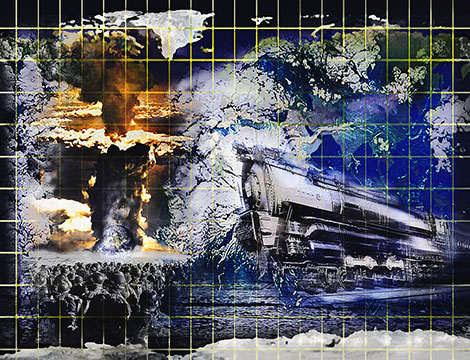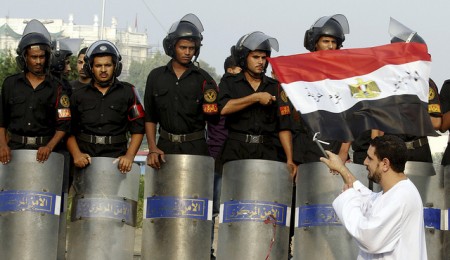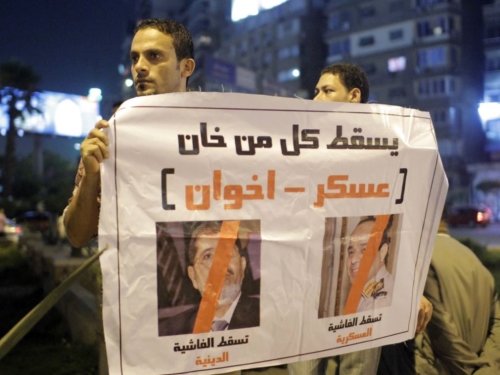
This article was originally published by War on the Rocks on 29 June 2017.
On the eve of the June 1967 war in the Middle East, a small group of men in the Israeli elite considered a doomsday scenario. They all supported Israel having an overt nuclear strategy, but the dovish prime minister, Levi Eshkol, had resisted. Now, with war looming, they felt that their hour had come. Behind the scenes, these bureaucrats, scientists and officers prepared the ground for using Israel’s ultimate weapon: the nuclear bomb.
Three weeks ago, The New York Times revealed part of that story which the newspaper described as the “last secret” of the Six Day War. The truth is, evidence of these events has been out in the open for several years now. Yitzchak Yaacov, a top scientist who served as a senior officer in the Israeli army, had published his memoirs detailing the deliberations for the secret operation already in 2011. Based on this book as well as several interviews, Amir Oren, military correspondent for Haaretz, wrote in the same year a long analysis of the decision-making process surrounding this chapter in Israel’s history. And in 2014, Oxford University Press published a monograph by Or Rabinowitz that distilled all these Hebrew-language sources into an English-language text.




